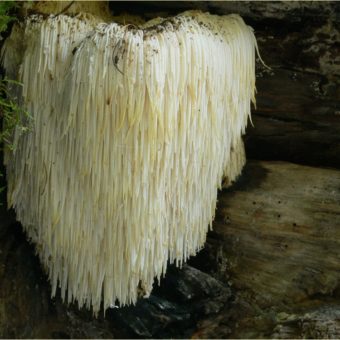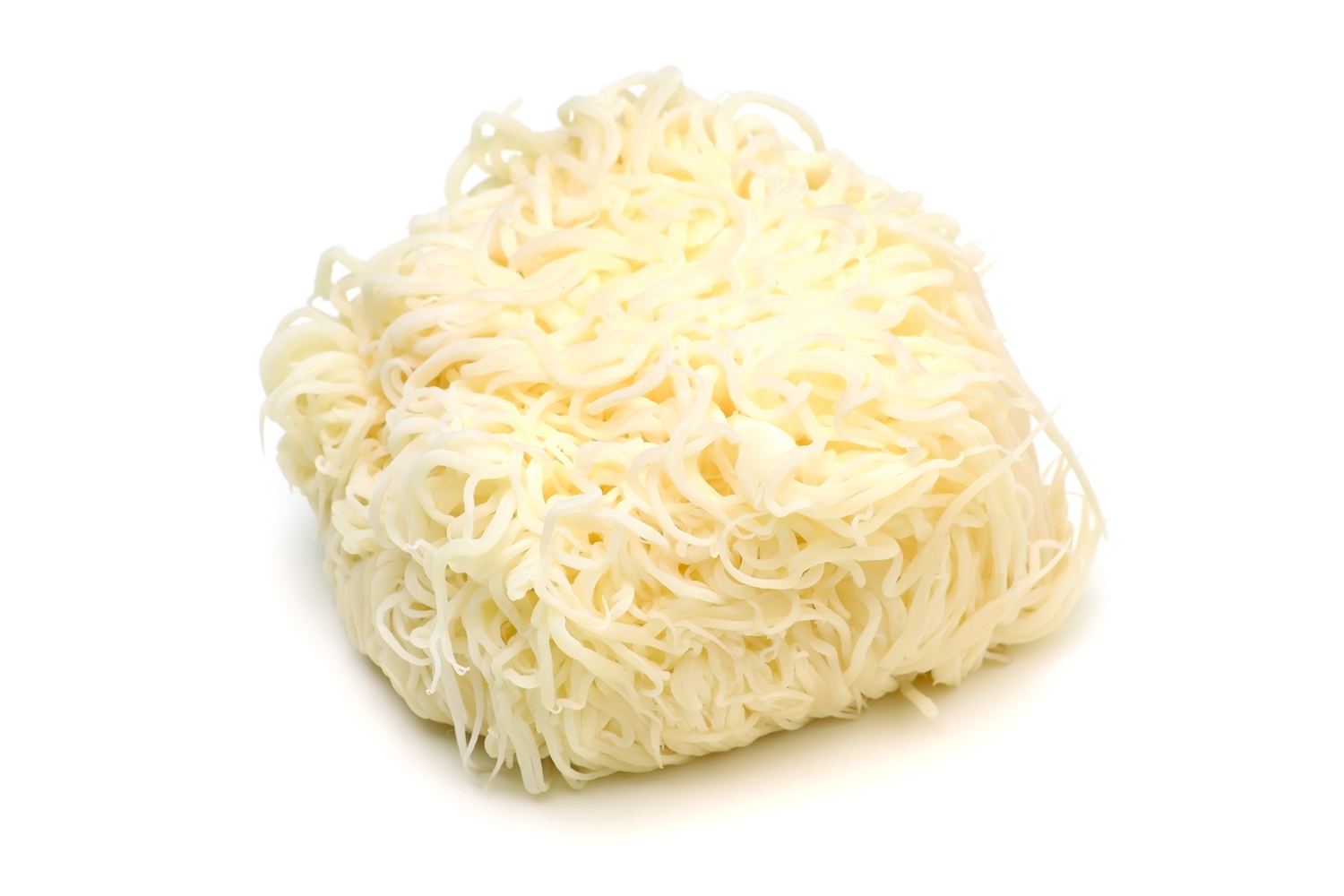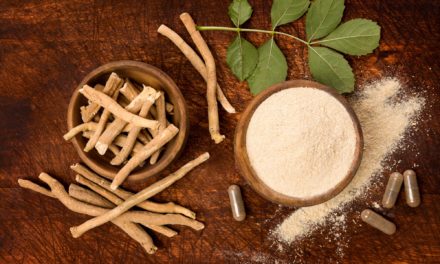Mushrooms of all varieties offer a range of health benefits and healing qualities. Many support immunity, energy, and overall nutrition. And the Lion’s Mane mushroom in particular is gaining notoriety for its nerve-regenerative abilities. This unusual fungi has a wild appearance – like a mane, or even like a brain. And it offers a host of benefits, too.1
So here is your easy-to-follow guide to the health benefits of Lion’s Mane mushrooms…
Health Benefits of the Lion’s Mane Mushroom
Known as Yamabushitake by scientists, the Lion’s Mane mushroom offers support for brain and immune health. Here are a few key benefits of this wild medicinal mushroom…
- Immune support: Like other mushrooms, Lion’s Mane delivers a big dose of immune-boosting elements. This includes polysaccharaides (this is, good sugars), including beta glucans. As well as many more myco-nutrients that support our body’s natural immunity.
- Nerve growth: Researchers note this as an important quality in Lion’s Mane mushrooms. These fungi significantly affect the body’s “nerve growth factor” (or NGF). That means that nerves regenerate more quickly and body cells survive longer.2
- Cognitive health: One may find improved mental clarity and memory with Lion’s Mane. It also supports overall cognitive function.3
New research is underway to continue looking into this mighty mushroom and its many benefits and applications.
Active Ingredients in the Lion’s Mane Mushroom
Scientists name Vitamin B-12 in Lion’s Mane as one thing that contributes to its cognitive and brain potency. Vitamin B-12 has a proven record of supporting brain function. And people, especially on a vegetarian diet, too often are living with a deficit of Vitamin B.
They attribute its nerve regenerating abilities to two groups of compounds. These two groups – hericenones and erinacines – work together to create the body’s nerve growth factor (NGF). This, as mentioned, protects nerves in the brain and body.
 Native Habitat of the Lion’s Mane Mushroom
Native Habitat of the Lion’s Mane Mushroom
Lion’s Mane mushrooms are native to North America, Europe, and Asia. They commonly appear on hardwood trees, like American Beech. One sees them growing like a bunch of long, dangling spines in a single clump. They most commonly grow in late summer and fall.
Unlike other fungi, Lion’s Mane has no “look-a-like” mushrooms with which one may confuse it. Its unique form, like a bunch of icicles or a waterfall, makes it hard to confuse!
Traditional Uses of the Lion’s Mane Mushroom
The Lion’s Mane Mushroom has a long history in traditional Chinese medicine. It has been used for generations as an herbal remedy for health issues, like nerve problems and digestive conditions.
In addition, Lion’s Mane mushrooms are common in vegetarian dishes in China. There, the mushroom may take the place of seafood, pork, or lamb .
Today, many people enjoy Lion’s Mane for its health benefits as a medicinal mushroom.
Whether eaten whole or taken as a supplement, the Lion’s Mane mushroom can provide a host of benefits. And there are other similarly medicinal mushrooms, too! In fact, there is much to learn about other well-known species. To get started,learn more about medicinal mushrooms and their ability to boost energy and immunity. Plus, check out reishi, chaga, cordyceps, turkey tail, maitake, and shiitake.










